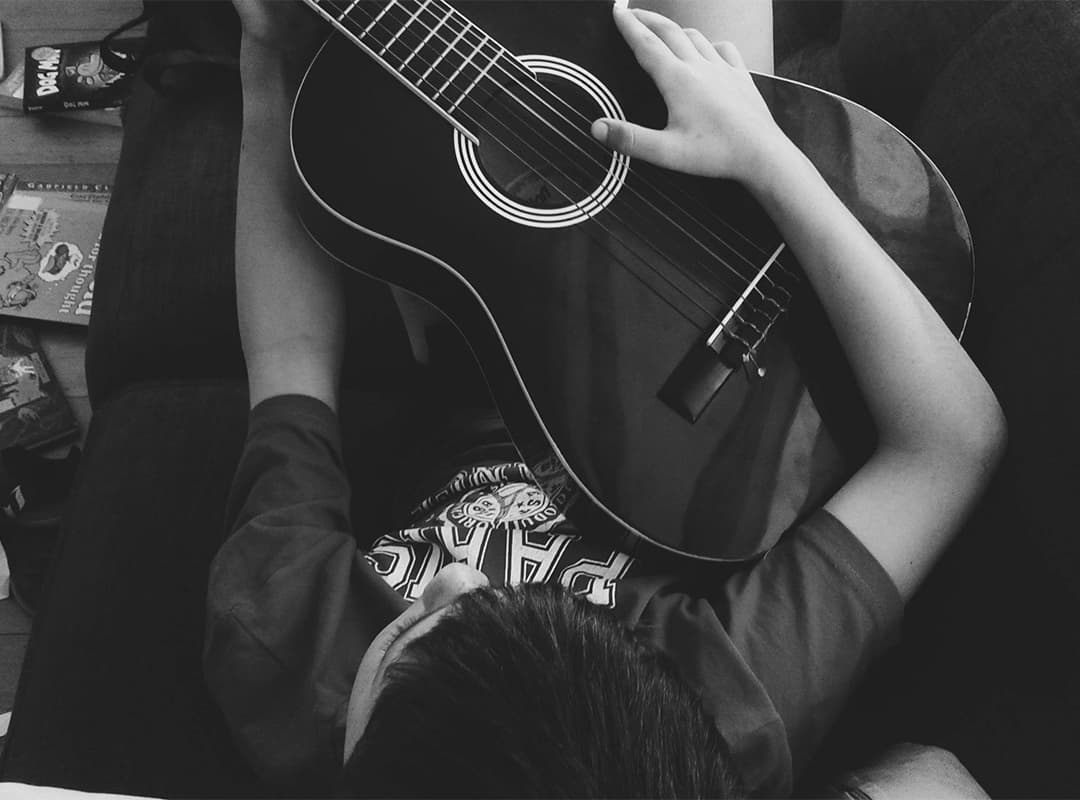Improvisation is a vital skill for any guitarist, allowing you to express your creativity and enhance your musicality. Whether you want to create solos, jam with friends, or perform live, learning to improvise can elevate your playing. Here are some effective strategies to help you get started.
1. Understand Music Theory Basics
Having a solid grasp of music theory can significantly improve your improvisation skills. Focus on understanding:
- Scales: Learn major and minor scales, as well as the pentatonic scale, which is commonly used in many genres.
- Chords and Progressions: Familiarize yourself with common chord progressions, as this knowledge will help you identify which notes will sound good over specific chords.
2. Practice Scales and Patterns
Once you understand the basics, practice playing scales in different positions on the neck. Use a metronome to develop your timing and speed. Experiment with different patterns, such as ascending and descending runs, to create musical phrases.
Tip: The pentatonic scale is particularly useful for improvisation, as it provides a versatile palette of notes that can fit various styles.
3. Listen Actively
Listening to other musicians, especially in live performances, can inspire your improvisation. Pay attention to how guitarists like those in The Lumineers build their solos and interact with the music.
Tip: Attend live shows or check out recordings of artists like The lumineers st.louis to gain insights into their improvisational styles.
4. Jam with Backing Tracks
Playing along with backing tracks is an excellent way to practice improvisation. Look for tracks in different styles—blues, rock, jazz—and experiment with your scales and phrases over them.
Tip: Start slow and gradually increase the tempo as you become more comfortable.
5. Record Yourself
Recording your improvisations can be incredibly beneficial. Listening back allows you to identify strengths and areas for improvement. It also helps you track your progress over time.
6. Embrace Mistakes
Improvisation is about exploration, so don’t be afraid to make mistakes. Some of the best musical ideas can emerge from unexpected moments. Embrace the creative process, and remember that every player makes mistakes.
7. Learn Licks and Phrases
Studying licks from your favorite guitarists can provide you with a repertoire of phrases to use in your improvisation. Try to incorporate these licks into your playing, modifying them to fit your style.
8. Experiment with Dynamics and Techniques
Improvisation is not just about the notes you play; it’s also about how you play them. Experiment with different dynamics (loud and soft), techniques (bending, slides, hammer-ons), and rhythmic variations to add depth to your solos.
9. Stay Patient and Persistent
Learning to improvise takes time and practice. Be patient with yourself and maintain a regular practice routine. The more you play, the more confident you will become in your abilities.
Improvisation is a rewarding aspect of playing guitar that allows for personal expression and creativity. By understanding the fundamentals, practicing regularly, and drawing inspiration from other musicians, you can develop your improvisational skills and create music that resonates with you. Enjoy the journey and let your creativity flow!


